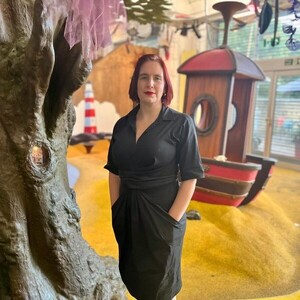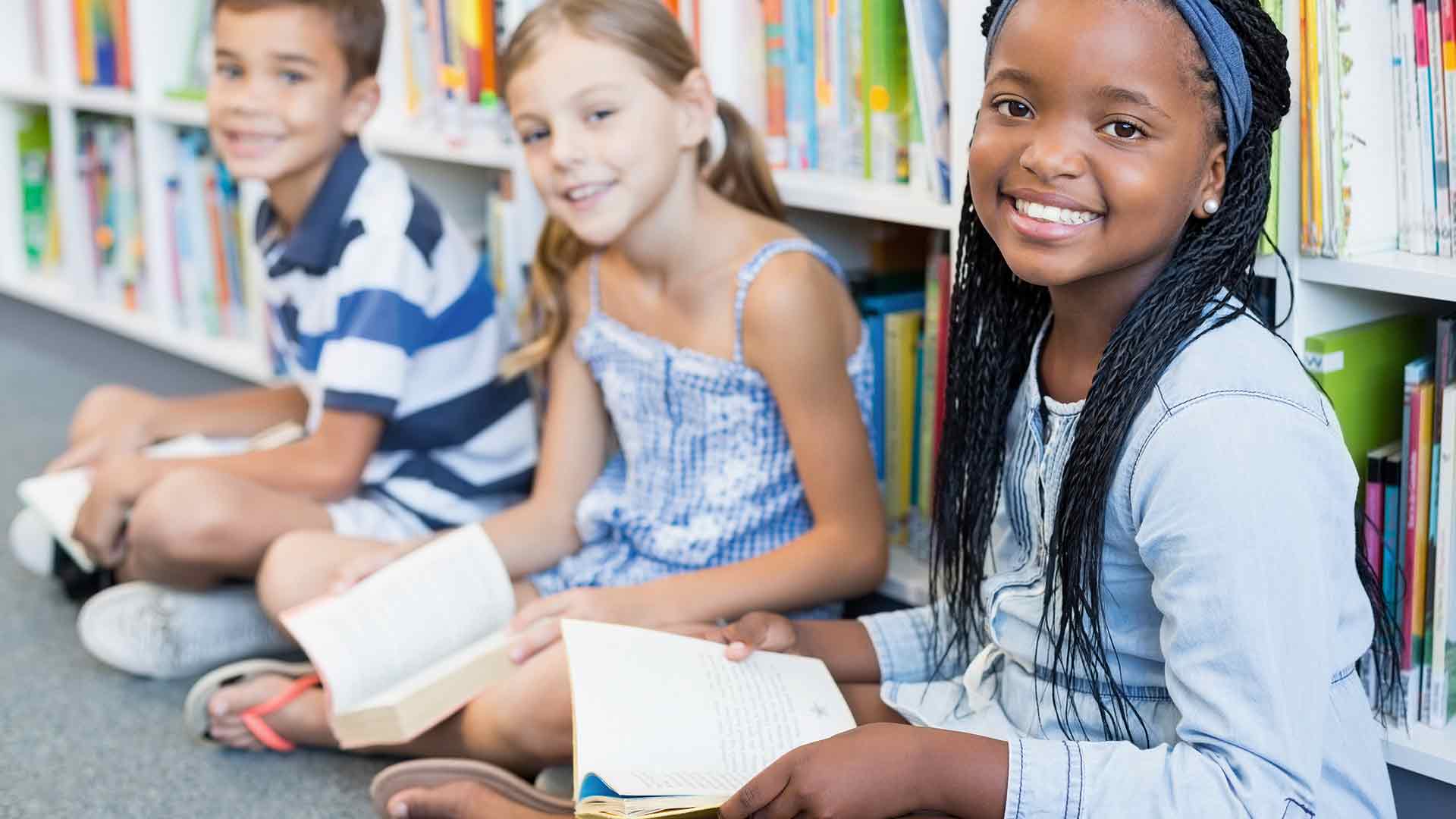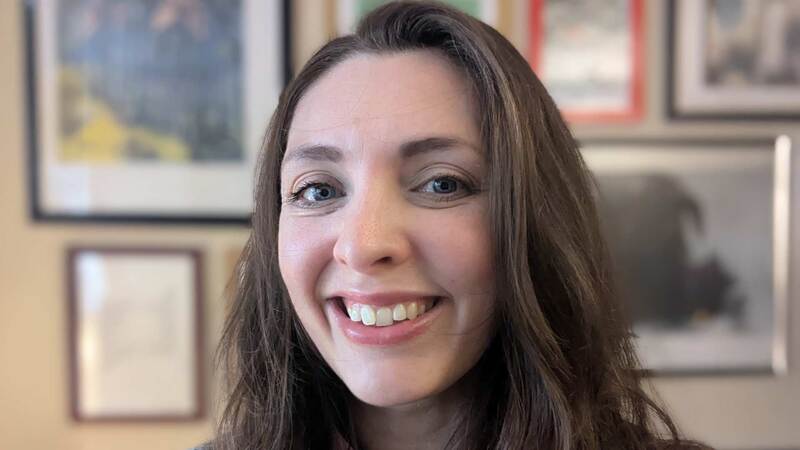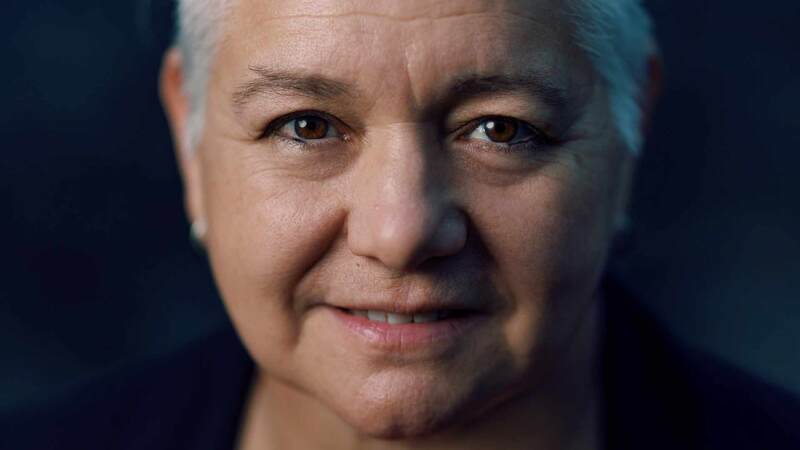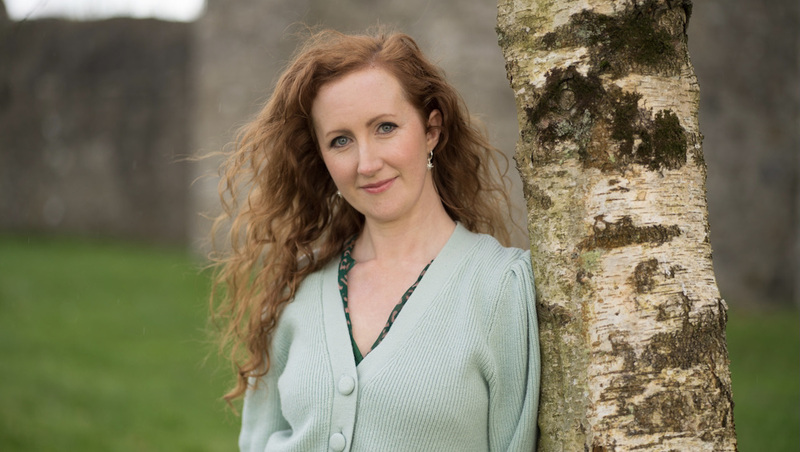You are viewing your 1 free article this month. Login to read more articles.
Stealth literacy
We need to think differently if we are going to lure kids back to books.
The numbers are scary: the number of children reading for pleasure is at its lowest point since records began.
At Discover Children’s Story Centre, however—in the heart of Newham, one of the most economically deprived areas in the country, with a 69% non-White British population—visitor numbers are up, with figures for the Halloween programme of author visits and story shows up 9% on 2023. And Discover is not alone: story venues and festivals across the country, from the children’s programme of the Edinburgh International Book Festival to Theatre Alibi in Exeter, are attracting growing audiences of children and families eager for bookish experiences.
So, what is happening here? How can there be such a worrying decline in children’s reading and yet such clear signs of appetite for books from UK kids?
I think the key issue here is context. At Discover and other amazing story venues across the country—The Story Museum (Oxford), Seven Stories (Newcastle), Z-Arts (Manchester), Grimm and Co (Rotherham)—what children are offered is enormous freedom to play, enjoy and choose. Although each programme is unique, each one offers multi-sensory activities that include getting children’s hands on stories and making, singing, drawing, eating, watching and engaging with books on multiple levels in a huge variety of ways. At Z-Arts, children selected the books for the library and its layout; children direct the design of spaces in the Story Museum and Discover. We are starting with the question "What will make children happy?", and working with them to try and deliver the answers. To date children have not, in our collective experience, suggested that we limit their book selections, tell them what they "should" read or prevent them from playing, which is the way in which children are basically designed to learn.
By contrast, I know of one nearby primary school that has banned Manga and another that has banned bringing in books from home, describing it as "disruptive". My daughter is only allowed to select books from certain library shelves according to an official reading level mysteriously determined, and she is tested on her reading via a computer programme that checks if she can remember the name of the main character’s best friend. The curriculum tells children they are not reading enough, or the right things, or in the right way—and, understandably, by age nine the majority of them have given up any association of reading with “pleasure” and are running from books as a source of torment. If you add to this picture falling levels of adult literacy, as reported by The Reading Agency—half of all adults not reading regularly and one in six adults struggling to read at all—along with limited support from parents and an uncomfortable reading environment in far too many schools, children’s falling interest in reading starts to make sense.
What is happening here? How can there be such a worrying decline in children’s reading and yet such clear signs of appetite for books from UK kids?
Changing the tenor of our educational approach will take time and requires ongoing advocacy and evidencing from all of us who care about and work to support children’s reading. And I am not naïve enough to suggest that there is a quick or easy fix that can be delivered by a loyal band of bravely adventuring cultural organisations and committed publishers, much as I would love to write that story. But I think there are five common factors present in the positive work that is going on across the country’s children’s literary events sector that are worth taking seriously.
To start with, the biggest and most controversial: language. Do not use the word “book” anywhere in promotion. If a child loves books, they’ll find you anyway. For an increasingly large audience however, “book” is not a positive word—and it is not part of the title of any of the children’s literature venues that I have referenced. We use “stories”, as it takes the emphasis away from the tricky business of the written word and foregrounds that magical experience of enjoying a great yarn or fabulous tale, with a hint of the communal. Likewise, although Discover is technically a museum that holds exhibitions, for our visitors we are a centre with immersive adventures. We call our approach “stealth literacy”.
Next, relevance. Storymix have been asking children what they want to read about, and it is schools; they do spend most of their time there, after all. Parents and children alike tell us how much it matters to them to find stories and characters that reflect how they look, celebrate and live as a family. Seeing Dapo Adeola and Nathan Bryon’s Rocket character six foot high on our front windows meant the world to audiences in Newham, and a programme of Diwali storytelling centred on Mr Men and Little Miss sold out within days. And this requires factor four: consultation. We are always asking and always listening. A local family gave us the fantastic insight that they avoid bookshops because they are scared their child will damage a book that they have to pay for. A trick learned from libraries is have a box of "play books" that are fine to handle.
Cost has, of course, got to be a factor: books cannot often be free and nor can events, but accessible pricing models are critical. It is impossibly tough out there. We know families often can’t afford the bus fare to get to us, let alone the cost of admission. If you cannot afford food (which is the case for 32% of Newham families), you are hardly going to buy a book. Sofia Akel’s Free Books Festival is doing wonderful work in this area, as are our amazing libraries across the country where, despite cost pressures and closures, usage continues to rise and rise. And if we want to grow the next generations of readers, we have to find ways to reach everyone despite economic barriers.
And finally, fun. Fun design, fun activities, fun pictures to put on Instagram—this is what sells to children and their tired, stressed, uncertain parents, with a secondary understanding that there is a wholesome benefit included, like sweets made with real fruit juice. Fun that is worth travelling for and, pertinently, getting off a screen for. Taking the fun that we find within a book and bringing it out from between the covers and into the open through creativity and play. Because reading is not a lesson, it is a joy.
